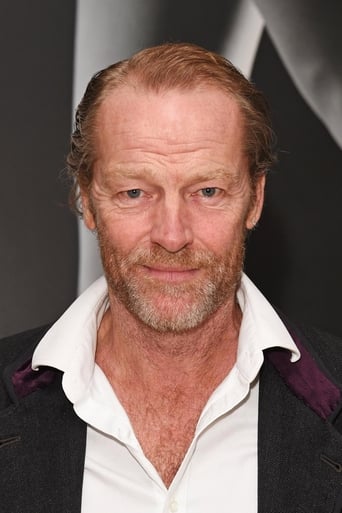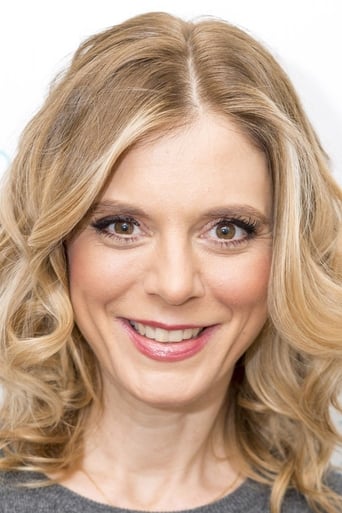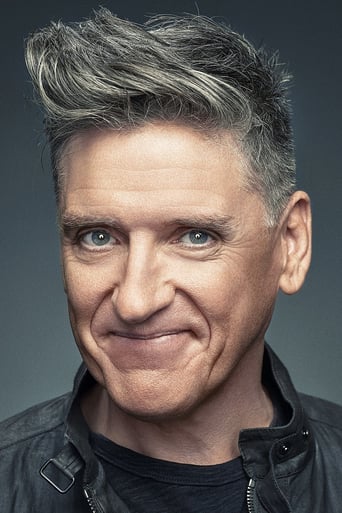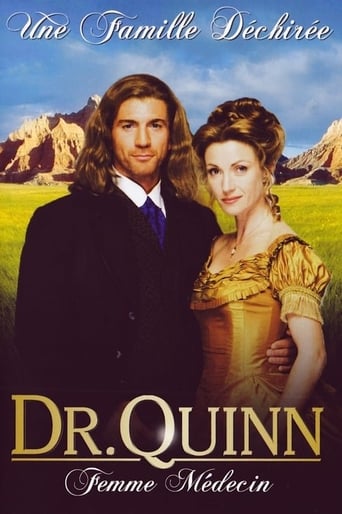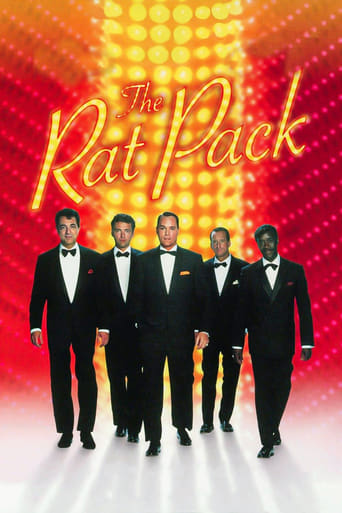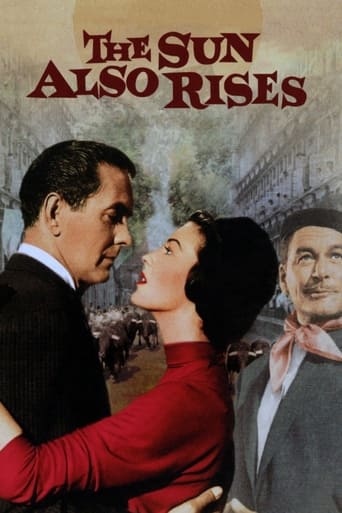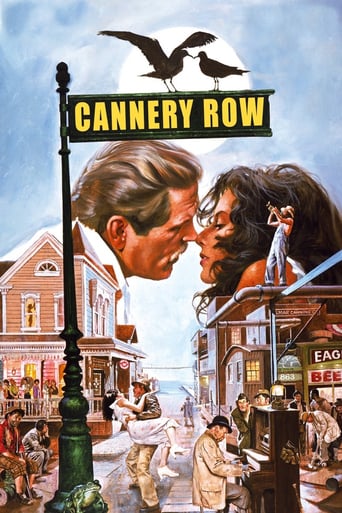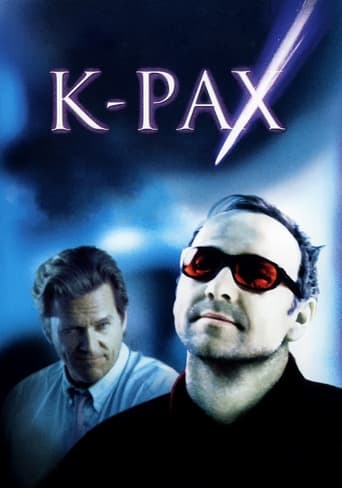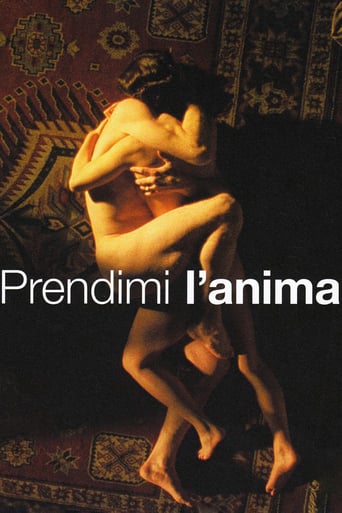
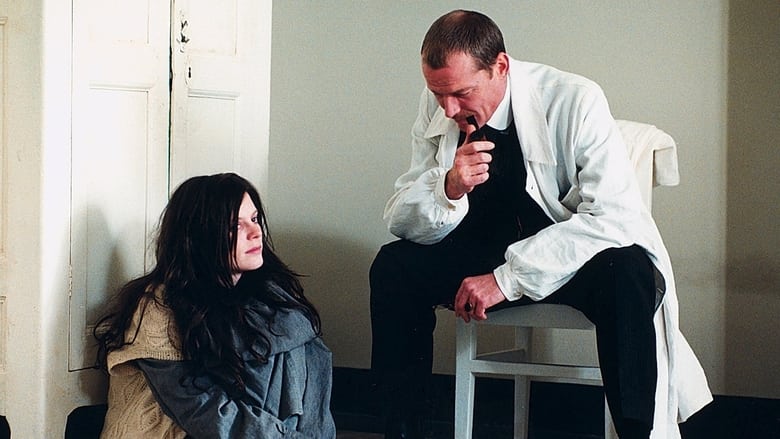
The Soul Keeper (2003)
Zurich, 1905. 19-year-old Russian Sabina Spielrein is put by her parents in a psychiatric hospital, suffering from a severe form of hysteria and refusing to eat. A compassionate doctor, Carl Gustav Jung, takes her under his care and, for the first time, experiments with the psychoanalytical method of his teacher Sigmund Freud. Thus is born a sweeping story of love and passion, of body and soul, soaring to the utmost heights, but also plunging to the darkest depths of the 20th century.
Watch Trailer
Cast
Similar titles
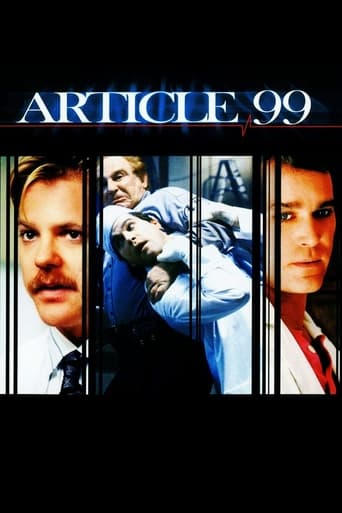
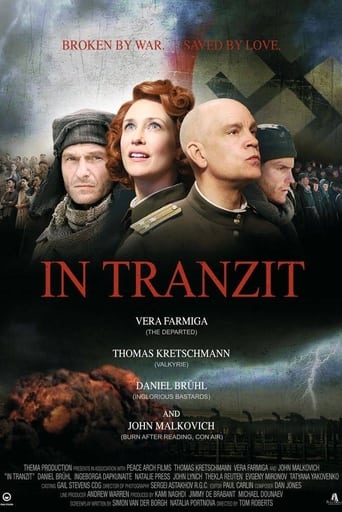

Reviews
Best movie of this year hands down!
the audience applauded
People are voting emotionally.
Highly Overrated But Still Good
Carl Jung, the Swiss psychiatrist, having decided to go on his own, set his practice treating people according to his own principles. Having been associated with Sigmund Freud for a while, he was getting known for his work with difficult cases, one of which involved Sabina Spielrein, a Russian young woman, that is brought over to him to see if he can help her. Basically, Sabina's problems were difficult to detect, although Jung determines to experiment the work he had developed with Freud in order to treat her illness. There are two narratives in this film. The other one takes us to the present time Russia where a young French woman goes to Moscow to do research on Sabina's case. Marie is determined to get to the bottom of Ms. Spielrein's work and her work in the famous White School, that she founded during the Stalinist era. Marie meets a Scottish scholar, Richard Fraser, who sees in the young woman a determination and resolve to get to know what happened to Sabina.After successfully treating Sabina, Carl Jung developed a passion for his patient, something that might have been considered as unethical. Dr. Jung was married to a cold woman who did not appreciate his work, or at least took no interest in what her husband was trying to accomplish. The relationship ended badly as the doctor came to his senses thinking in his family and his standing in the medical community. Sabina, on the other hand, decided to go back to Moscow where she married and had children. Those were hard times in the old Soviet Union, but she prevailed in establishing a school that was revolutionary in its own right. Mary's research gets to the bottom of the story as she goes to Rostov where the last part of Sabina's life were spent and where she died with the thousands of Jews that lost their lives in the conflict.Directed by Italian Roberto Faenza with an international cast, we saw an English version of the film. We do not know whether the film was shot in Italian, or was conceived just as we watched it on a DVD transfer. We had enjoyed Mr. Faenza's "According to Pereira" with the great Marcello Mastroianni. Mr. Faenza contributed to the screenplay which was written in collaboration with about six other writers. The film presents a good story, but the screenplay does not do justice to the story of Sabina. No doubt, the creators had the best intentions in mind to present an interesting account about a subject that unfortunately leaves a lot to be explained and the second narrative seems a bit superfluous in our humble opinion.Iain Glen, the Scottish actor is seen as Dr. Jung. Emilia Fox plays Sabina. Craig Ferguson and Caroline Ducey are the researchers that uncovered the facts of Sabina's fate.
I happened to see the film yesterday and liked it a lot. Not a perfect movie, still, a must I would say. It plays a compelling picture of the life of this fascinating soul-healing lady, very much sunken into oblivion to date. I do hope this will shed more light on her professional activity. Still, one of the people commenting on the film made a mistake by stating Caroline Ducey plays the protagonist of this film, although she appears there in fact as the potential relative of Sabina Spielrein. Emilia Fox plays - not plays, not acts, actually BREATHES, LIVES - wonderfully the title role. Great shots, expressive music - all in all, it was a beautiful, emotional experience to me.
Masterpiece-Woderful description of characters and background.Sabina Spielrein was,no doubt,a very special woman,and this film succeeds in doing justice with her sake,and especially with her extraordinary achievements in psychoanalysis therapy.The romantic affair she had with Dr.Jung is described powerfully by Faenza,and its ending is really heart-touching.Each main character gets a deep and full description-Dr.Jung,his methods of treatment and his complicated relationship with Sabina;Emma,that can't be judged of trying to save her family from being destroyed;and above all-Sabina herself,especially the development of her relationship with Dr.Jung,from being a patient into passion and true love.She gave her noble proof that her love was real,by letting him to choose his way,and still regarding him as a friend.The tragic destiny of Sabina is part of the Jewish tragedy during the 20th century,disappointed by the cruelty of the post-Lenin period in Russia,and later on-the Nazi holocaust.The history background is also very well told,without interrupting the plot itself.Everything here is told sensitively,and is very well acted.Emilia Fox gives here a wonderful performance,along the different situations of Sabina's complicated character and life.As Faenza made justice with Sabina's sake-we owe him.Faenza,you created a real masterpiece, and we salute you!
This movie *could* have been much more than it was. We have two historical figures, psychiatrist Karl Gustav Jung, and a gifted patient, Sabina Spielrein, who first becomes Jung's lover, and then a child psychiatrist in her own right. I had been hoping for deep psychological insight, instead I got a cartoonish loony (Sabina) and a starchy doctor (K.G. Jung). The characters are over-simplified, and their complex relationship is dumbed down to Harlequin Romance level. Furthermore, Sabina's life in Russia and her accomplishments are barely even mentioned in the movie. The subplot with Marie and Frazer (the present-day researchers) is 100% unnecessary, too. So, in the end you are left with a pleasant, if sleepy, non-controversial movie, suitable for airing on national tv at prime time. Come to think of it, maybe this is what they had in mind all along...
